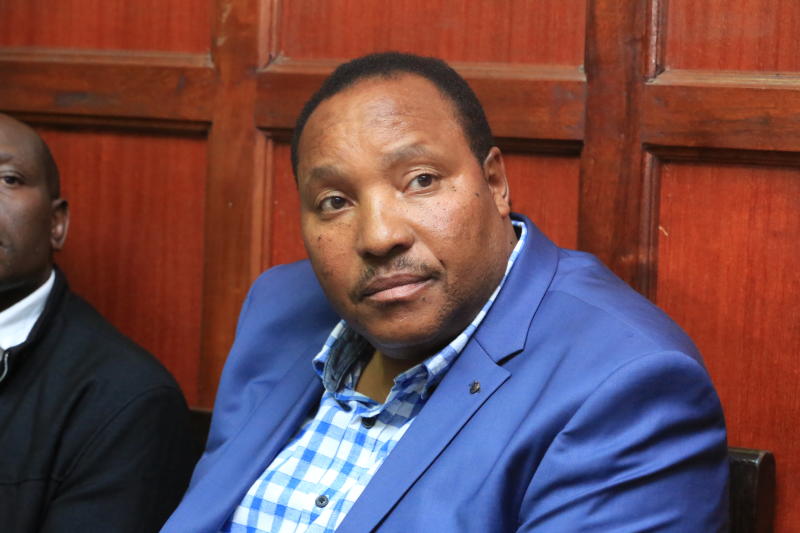×
The Standard e-Paper
Fearless, Trusted News

Former Kiambu Governor Ferdinard Waititu in the dock at a Milimani anti-corruption court. [File, George Njunge/Standard]
This week, political analysts, politicians, lawyers and members of the public have been mulling over the true value and meaning of Chapter 6 of the Constitution. This was triggered by the declaration by Ferdinand Waititu that he plans to run for the office of Governor of Nairobi.